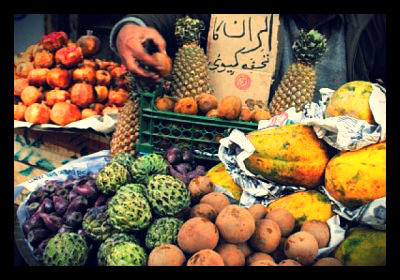Urbanization in Pakistan Threatens Food Security

An expert for the office of the Human Rights Commission of Pakistan recently issued a warning for leaders and officials in Pakistan. According to Tahir Hasnain, an expert on environment and livelihood, climate change will be the biggest challenge to food security in Pakistan in the coming years. One result of climate change, longer summers and shorter winters, will have a significant impact on the country’s food supply, Hasnain claims. The longer summers will increase the temperature, decrease rainfall and severely affect crop reduction.
Hasnain believes the accessibility and availability of food is a human right and produced food should be culturally accepted and made at affordable prices. Pakistan is the sixth largest country in the world, and a natural result of such a large population size is that so much food must be produced in order to feed it. But several trends and cultural norms threaten to prevent progress from being made in the area of Pakistan’s food security. To ensure the country has a food secure future, residents and leaders must re-evaluate current practices in the country.
Hasnain stated that urbanization is becoming a dangerous trend in Pakistan. This is because land which was once used for cultivation is now all too often being used as building ground for housing developments. However, when the amount of arable land is reduced, an alternative must be offered in its place in order to establish another sustainable food source.
China’s booming population is a prime example of the danger inherent in rapid urbanization. China has experienced its own food security issues as a result of urbanization, which has significantly depleted the amount of arable land available in the country in recent years. To make up for the devastating effect that urbanization has had on China’s food supply, Asian scientists have embarked upon a quest to find innovative ways to boost food security through technology. If the trend of urbanization in Pakistan continues, the country’s leaders should be prepared to follow China’s lead and immediately shift its focus on new scientific and technological methods of improving food security.
– Cavarrio Carter
Sources: The Jakarta Post, The Express Tribune, Xinhuanet
